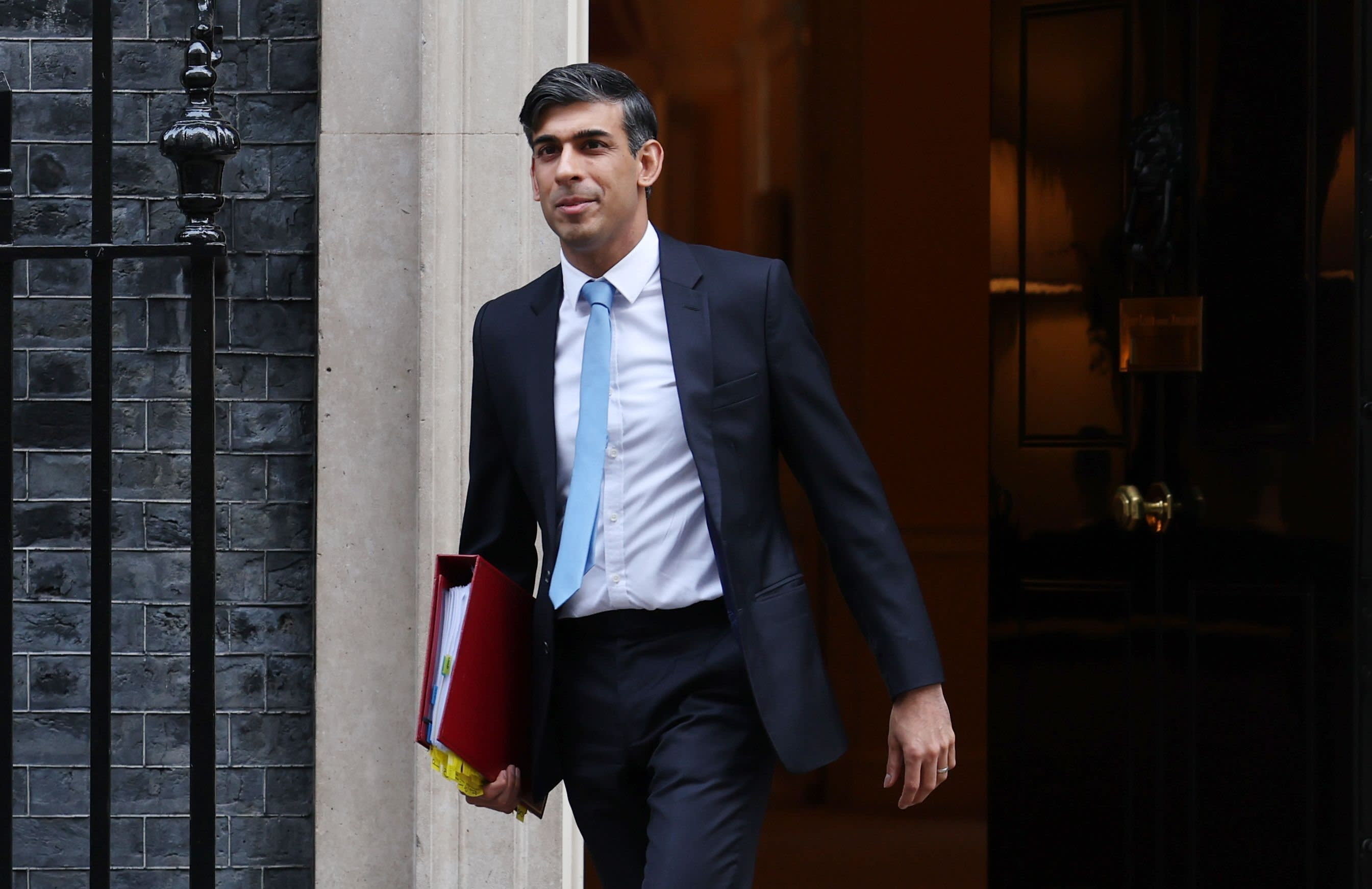
The barrister who made the case against national firm Affinity’s restrictive client poaching clause has said the clash in court raises question for the whole financial services industry.
Chris Quinn represented five former Affinity advisers who were prevented from contacting their clients under their contracts with the national IFA.
The case against the five was dropped last week by Affinity after the judge upheld the complaints of two of the advisers involved who complained about the clauses in the contracts.
Mr Quinn, who also acted for the successful IFAs in the landmark Towry case which again involved accusations of client poaching, said the latest court battle showed the lessons of that case hadn’t been learnt.
He said: “This case illustrates that the financial services industry is still reaching the wrong conclusions about the enforceability of restrictive covenants.
“Firms are not taking proper advice when preparing them. IFAs are too quick to sign them and firms acquiring other firms – often for huge sums of money – are too confident that they will be able to enforce them.
“The case also brought into sharp focus the complications that are caused when a firm whose focus is discretionary management of investments acquires an independent advisory firm.”
In 2012 national advice firm Towry lost its High Court battle against Raymond James and seven former advisers from a company it had bought, over claims they had wrongly solicited clients.
Last week a High Court judge ruled against Affinity regarding two of the advisers who were defendants in the legal proceedings, prompting the company to drop the entire case against all of the advisers.
The judge ruled the provisions of the non-poaching clause were so broad they were unenforceable.
Affinity had been bought by Wealth at Work earlier this year and a number of advisers left.
Under the terms of their contract the exiting advisers could not, within a year of the agreement being terminated, solicit or canvass the custom of Affinity’s clients or any potential clients.
Nor could they employ, offer to employ or enter into partnership with one of the company’s “restricted representatives”.
While five advisers were taken to court by Affinity, a further 22 were affected by the restrictions in the contracts.
Now the case has been dropped, all 27 advisers are free to deal with all their customers without any restraint.
Susan Hopcraft, a solicitor with Wright Hassall who had been acting for the advisers, said: “There was a real inequality between the resources of the parties in this claim but the result shows what the determination of the defendants to fight what they considered to be an unreasonable stance by Wealth At Work, can achieve.
“Any restrictive covenant can only be upheld if it is reasonable to protect legitimate business interests.
“That means they should be as narrow as possible and, if it is any wider than absolutely necessary, then it is likely to be unenforceable as this case has shown.”





